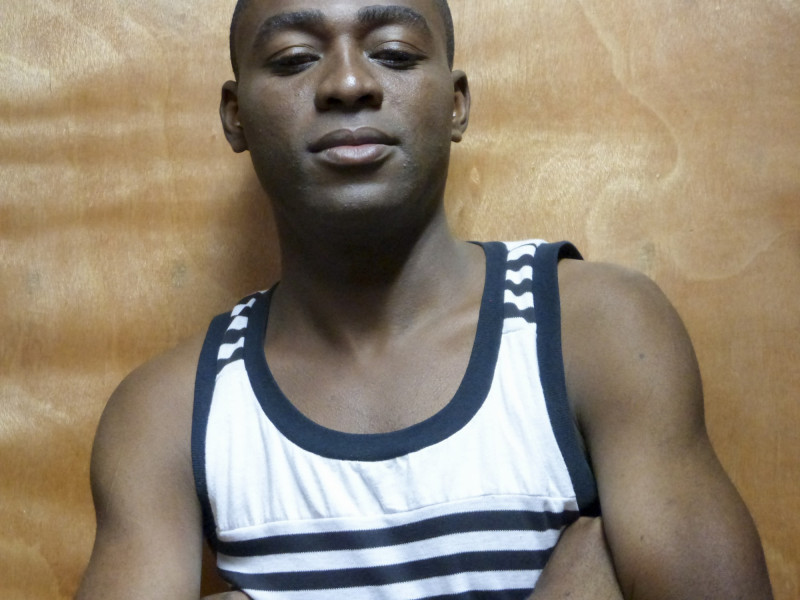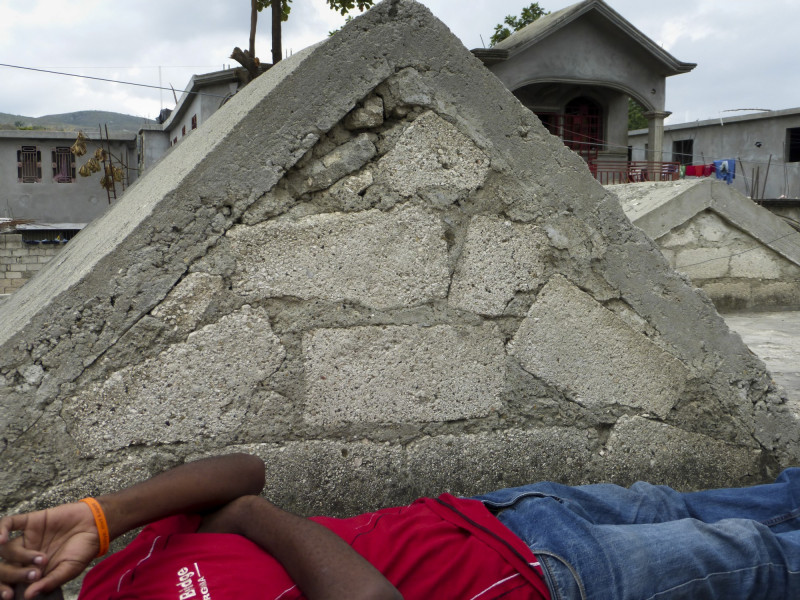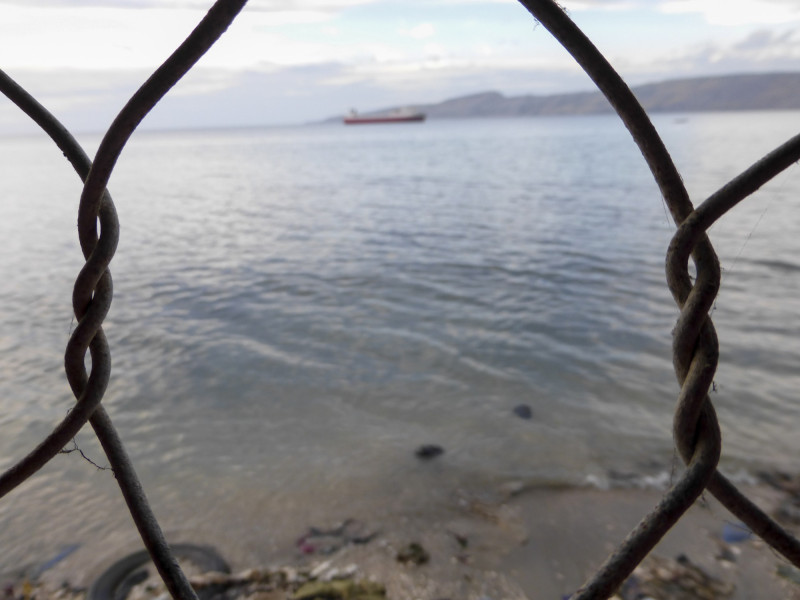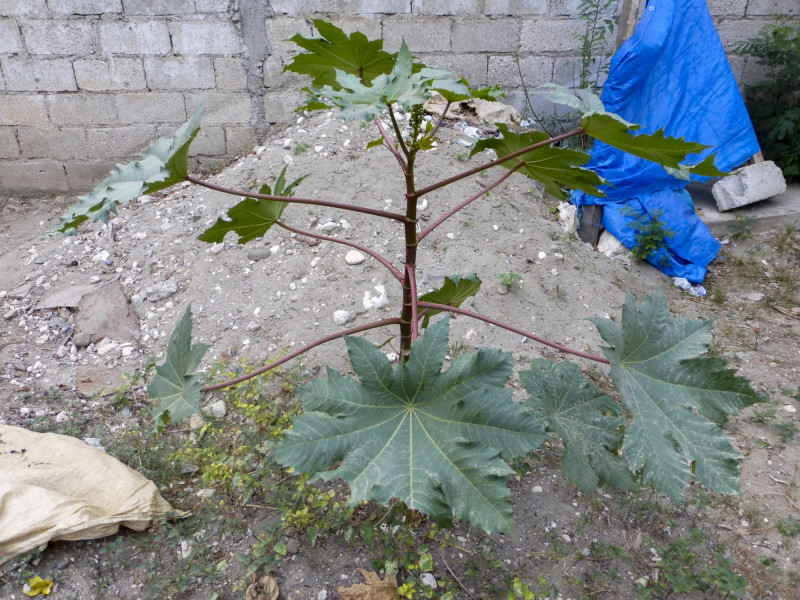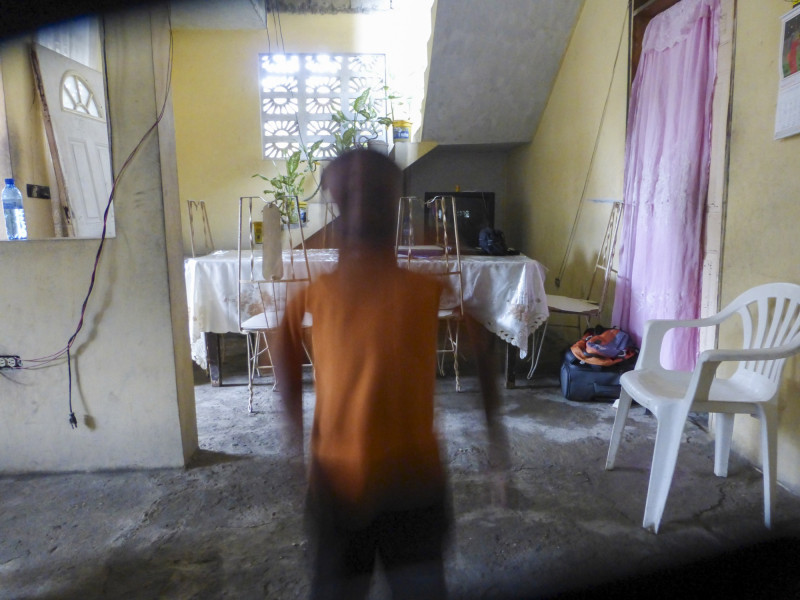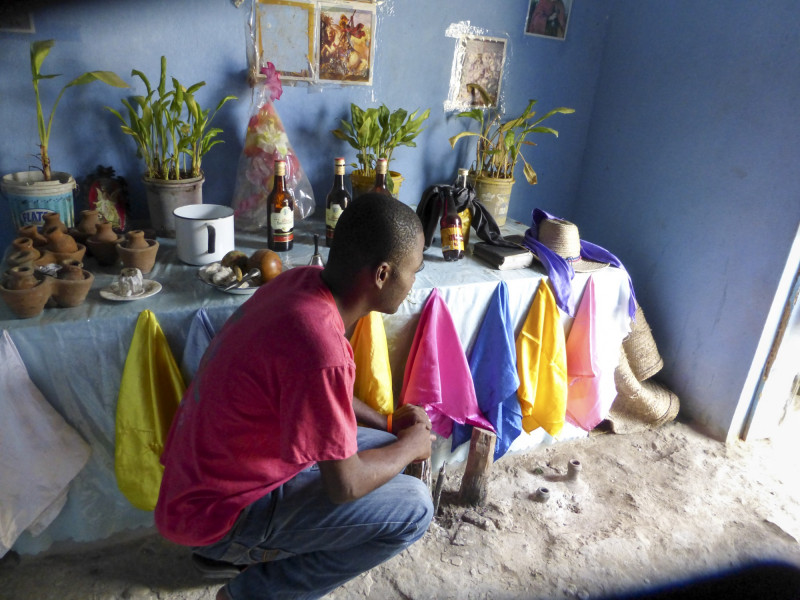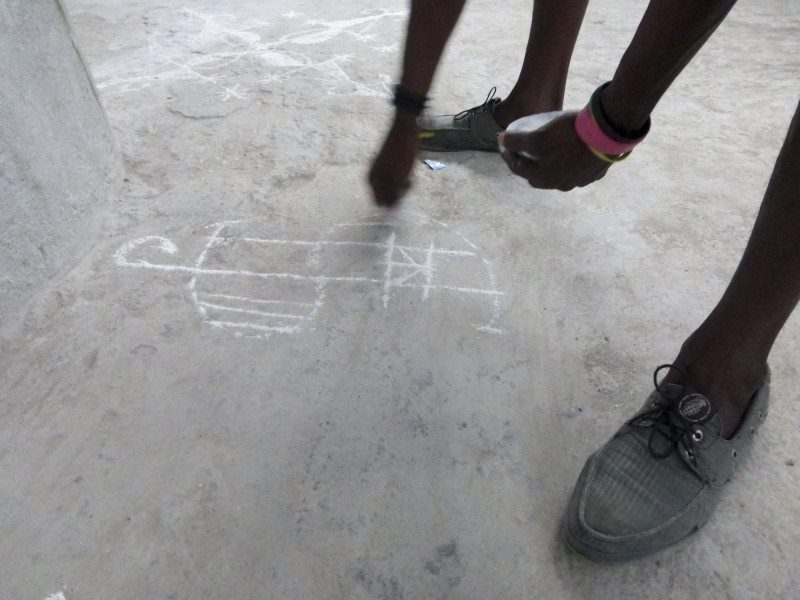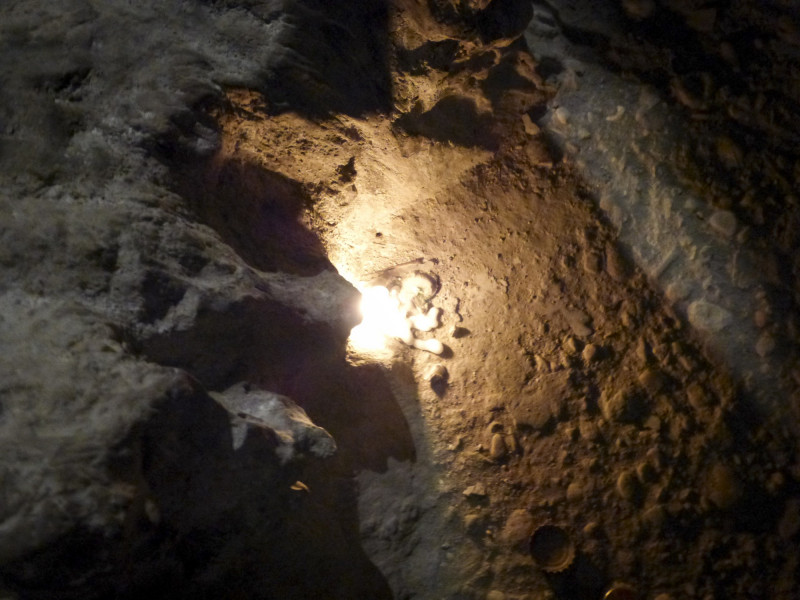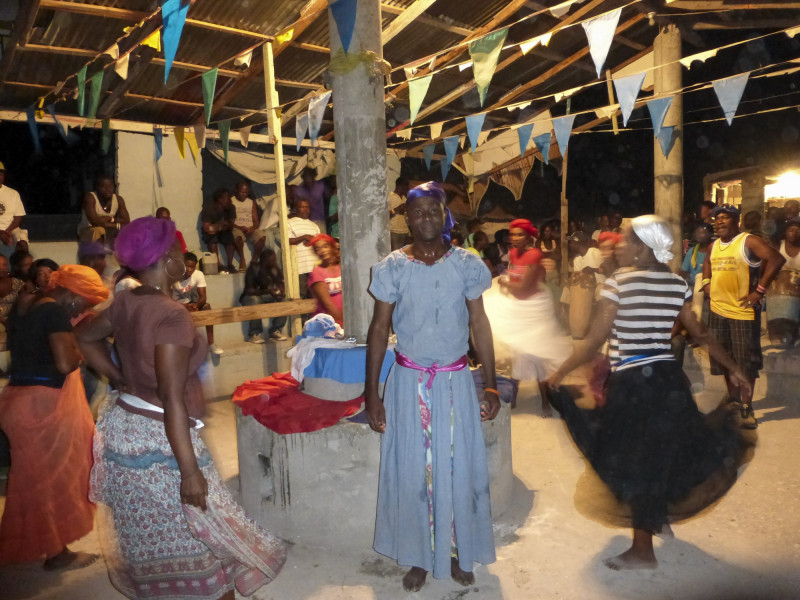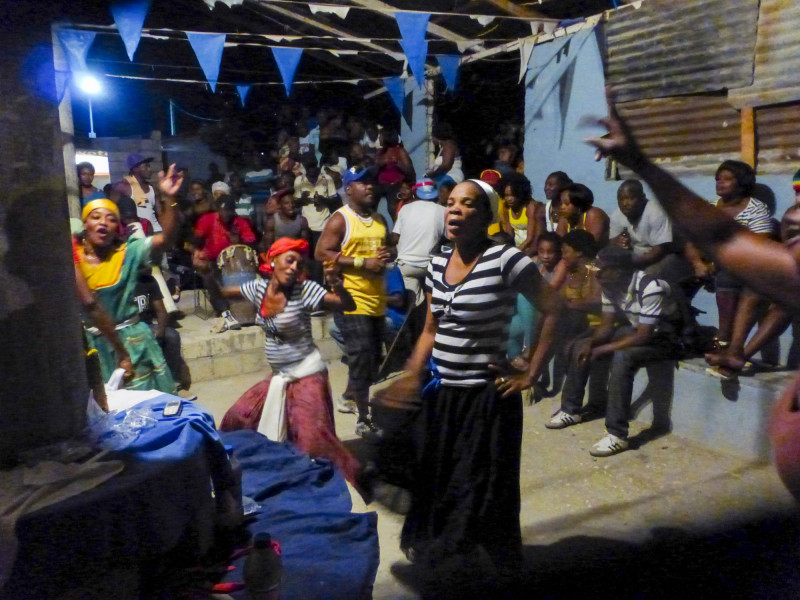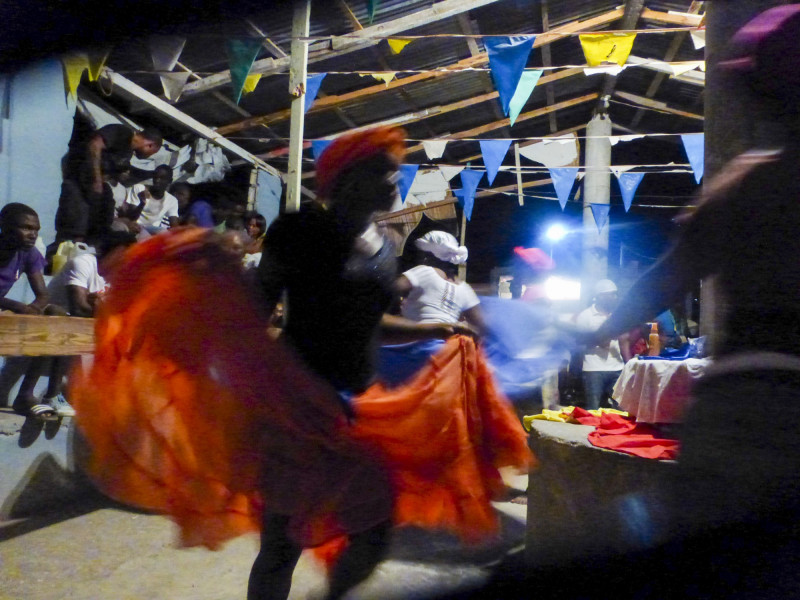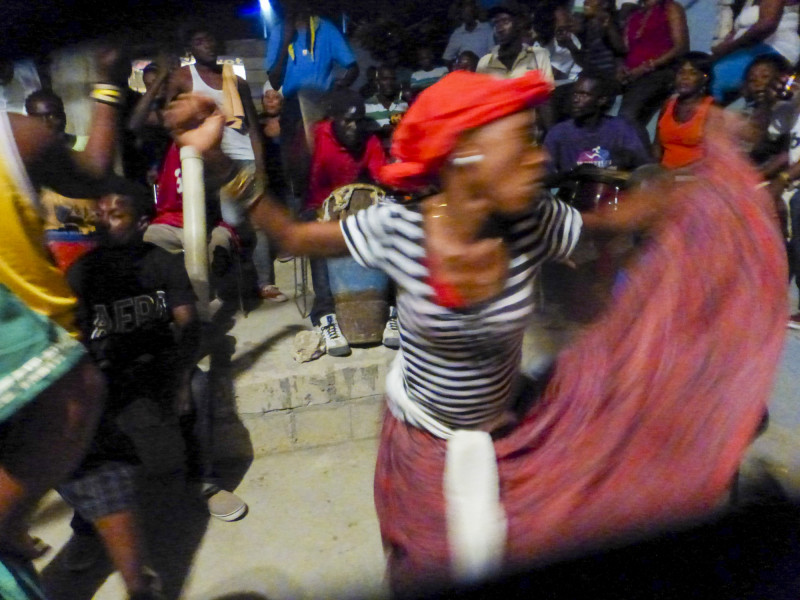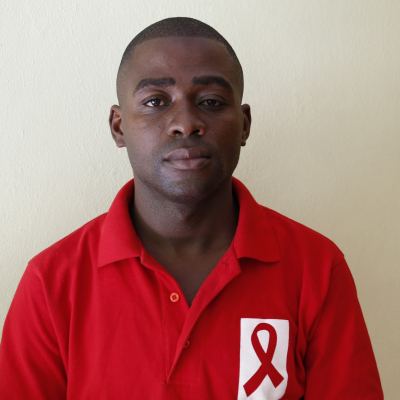When someone first receives their test results and realizes they have HIV, they believe their life is over. One thing I always say to someone newly infected is this: It’s not the end of life. It’s more like a new phase of life. After I got my positive test result, I was motivated to get my gay friends to go take a test as well. For every twenty who went to get a test, eighteen of them were positive. A question I had asked myself was, “Why do gay men always die young in Haiti?” And I finally understood that it was because they were infected, did not get the right treatment, and died.
One day in 2008, I stood up and openly admitted that I was gay and was living with HIV. This was the first time a Haitian had made such a public declaration. A few days later, they burned my house, they threatened me. At that moment I gave myself a mission. I dedicated myself to serving my community by telling the truth: Gay life has a danger within it, and this is what we have to do to protect ourselves.
A lot of people think that vodou is the devil and other bad things. But it’s a reality, it’s a culture that all Haitians have in them. It’s in our blood. Vodou is something I love very much. I love the sound of the drum. It makes me move my body, it makes me want to dance. I remember my first experience when I was just starting to dance vodou. The person who was teaching me said, “Vodou came from Africa. That is its history. To dance vodou well, whether you’re a guy or a girl, you must wear a dress. There are movements that you will do while dancing and the dress will help you. The dress will move for you.”
